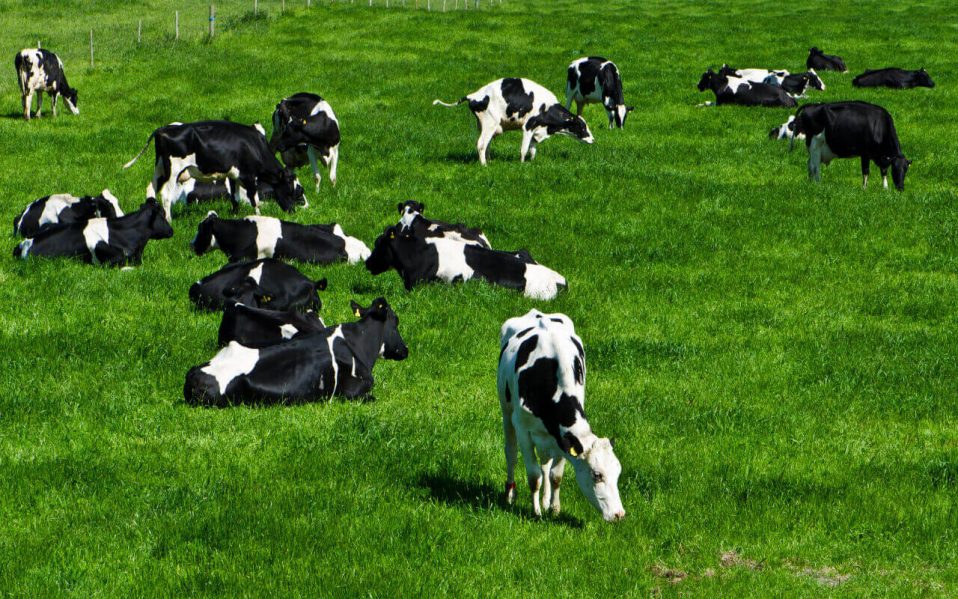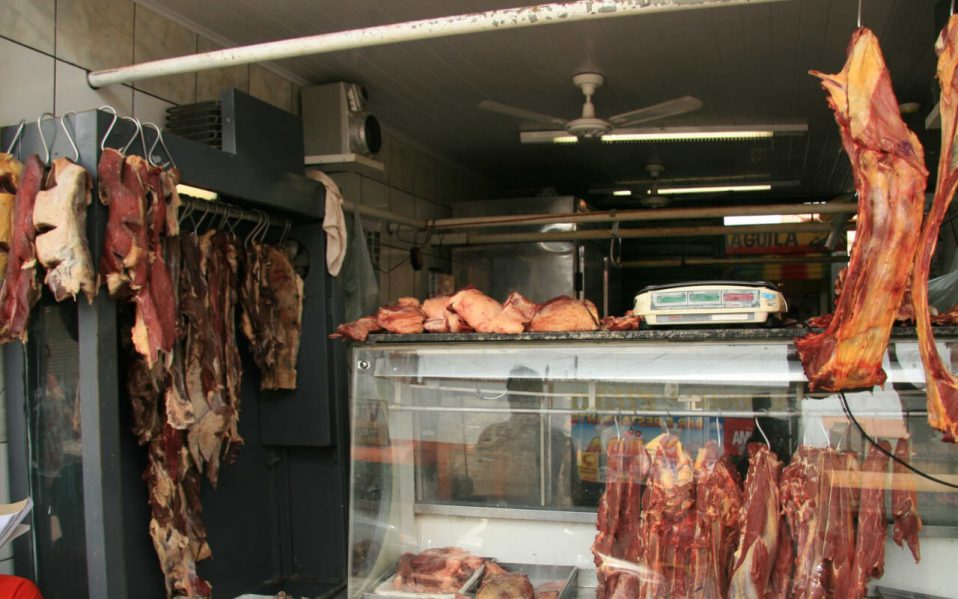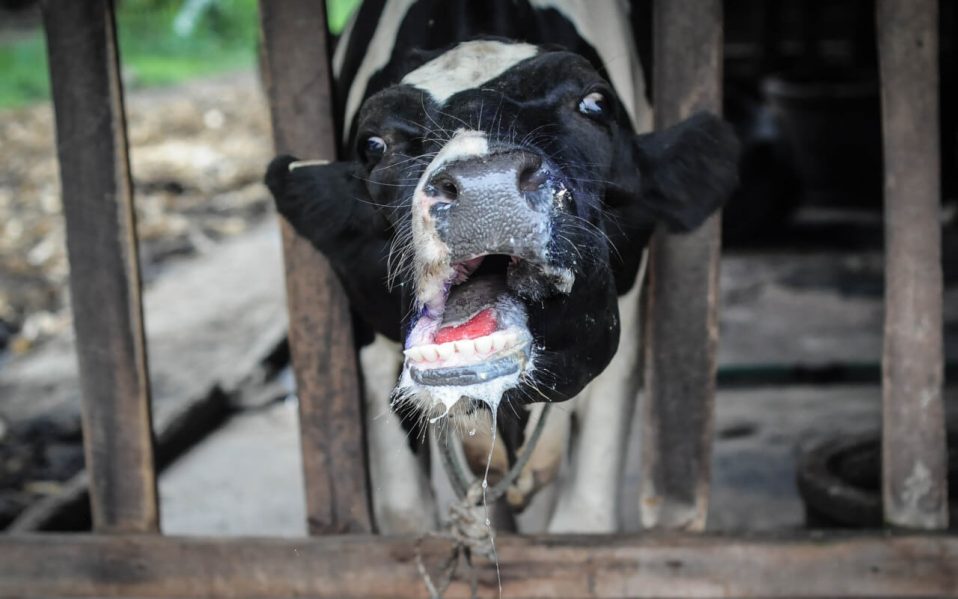Contract farming is an emerging model in Africa’s agricultural sector. It is viewed as a powerful model that links the small-scale farmer to the global market, resulting in higher, stable and highly predictable returns on farming.
The contract farming system entails a production model in which farmers and buyers partner to carry out a certain agricultural enterprise under pre-determined terms. There are various contract farming models. The different types are mostly determined by the type of agri-product that is under consideration, as well the scale of produce and the local legislative requirements.
In most cases, however, the farmer provides land and labour, while the buyer provides inputs such as seed and fertiliser, as well as expert advice on the production process. The buyer then purchases this particular produce at a specified price.
Contract farming is, however, spreading quickly in the developing countries, where resource poor farmers are quickly enticed into the system by the provision of essential inputs and production expertise. In Kenya, this model has been successfully applied in various crops such as tea, sugarcane and tobacco. There are, however, other emerging trends which are pushing it to relatively new grounds such as rabbit and mushroom farming.
Contract farming offers the farmers numerous advantages in both the production and marketing of their produce. By linking producers with export markets, contract farming enables the small scale farmers to have a share of the global market, which often offers more lucrative opportunities than local ones.
In addition, this model offers relief to small scale farmers who are often struggling under the burden of hefty production costs. The buyer provides all the necessary inputs and expert advice, leaving the farmer with nothing to worry about, save for the keen management of the crop in the farm.
The model has been repeatedly used to turn resource-limited small scale farmers into specialised, high value crop producers with an enviable income. The single strongest plus that attracts most farmers into contract farming, is, however, the reliable market. The arrangement affords farmers the peaceful assurance of a pre-booked market for their produce, be it french beans, passion fruits or the little known guinea pigs.
Better still, the market comes with a pre-determined price tag which makes contract farming both convenient and predictable There are, however, instances where the promises of contract farming have burned off the hands of aspiring farmers.
Any novice in contract farming must therefore be keen to avoid being duped into sham contacts from unscrupulous people and companies, out to make a kill of the farmer’s hard labour. History serves to advice us against rushing into contract farming deals without due diligence. There are instances where “self-proclaimed” contract buyers have lured farmers into massive production of farm products such as rabbits, aloevera or mushrooms, only to completely disregard their agreements or vanish from sight at the peak of the harvest.
Exorbitant multinationals
Small contractors are not the only guilty Jack in this trade. High profile agri-business companies and famous multinationals are also perfecting the trend of reducing the farmers into typical “have nothing, say nothing” partners. The affluent multinationals have in many instances turned small-scale farmers into wage–earning labourers in their own farms.
By trapping farmers into debt and burdening them with technology intensive systems of farming, the buyers leave them with limited options of exiting the binding contracts since they are neither able to service the loans or support the hefty production costs. The farmers inevitably become enslaved to tilling their land for minimum returns, while the buyers reap the great returns of the contract arrangement. It is, therefore, very important for any aspiring contact farmer to keenly understand the terms of the draft contract, before engaging in a promising venture that may eventually have them trapped in an eternal cycle of poverty.
Land ownership
One of the things the farmer should look out for in a contract is a clearly spelt out clause on land ownership. It is very important for the farmer to ensure that the terms of land use are clear in the draft contract. More importantly, the terms must clearly indicate that the farmer will remain the legal owner of the land, even during the implementation of the contract project. This would save the farmer from a situation similar to what transpired in Tanzania recently, where hundreds of peasant farmers were unjustly evicted from their own lands, thanks to a contract farming project they naively agreed to.
One other way the farmers lose their income to dishonest buyers is through the down grading of the produce delivered. The importance of adhering to agreed quality standards for any produce can never be down played. It is important that the farmers adhere keenly to all the recommended practices both during the production and at all the post-harvest stages.
It is even more important though, that the farmer ensures that the mechanisms of determining the quality of the produce is very clear. This reduces the chances of dishonest buyers fleecing them either by downgrading or total rejection of their produce.
Price and risks
It is also very important that mechanisms of establishing the price of the product are agreed upon. The draft contacts must also afford flexibility to possible review of the prices after a set period of time, as well as in instances where there are sudden market dynamics that cause a severe difference between the market prices and the pre-agreed prices.
There are times when effects of unforeseeable disasters such a floods, mudslides of even wars adequately affect the production and marketing of the agricultural products. Whereas it is advisable for both the farmer and buyer to explore the possibility of insurance, it is also very important that the terms of distributing these losses are well spelt out in the contract.
Becoming a contract farming expert is not an overnight job. It takes a lot of experience, and to some extent, years of study. Every aspiring farmer should therefore seek the advice of contractual experts as well as production and marketing experts before appending the all important signature on the dotted line.
This article was first published in the ‘Smart Harvest’ feature of the Standard on Saturday edition of 10th October 2015.




